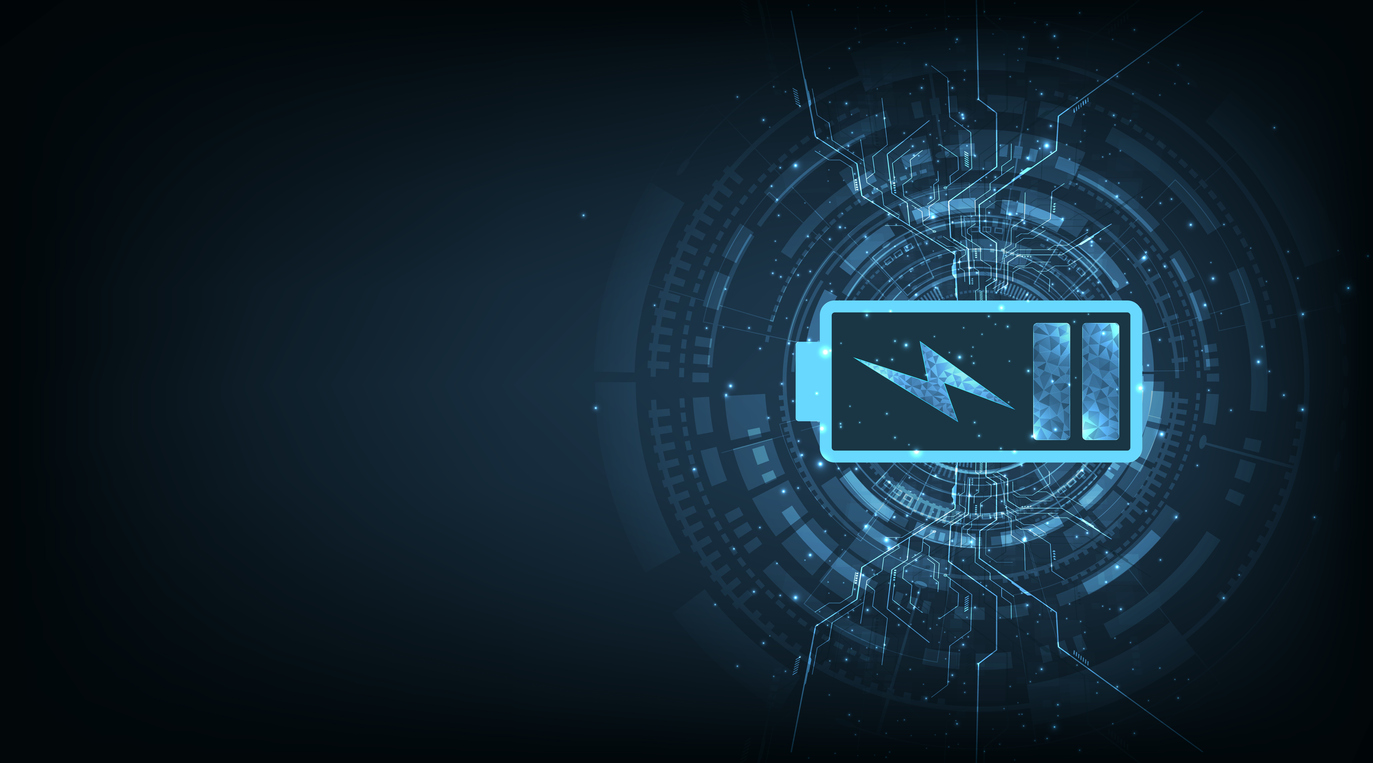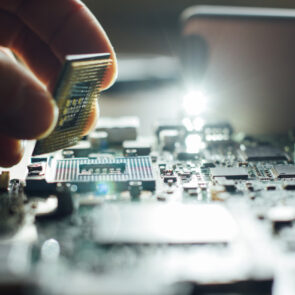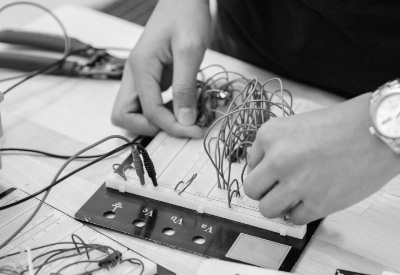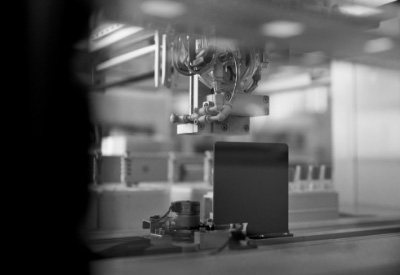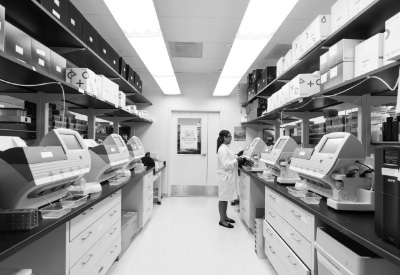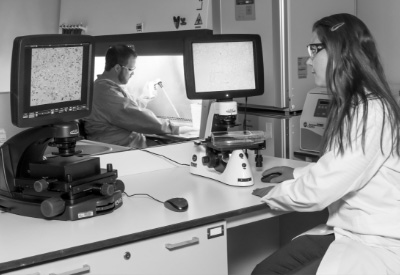Low-power devices are becoming increasingly complex. Supplying electricity to them can be difficult when they are in remote locations or not hooked up to a direct power source.
City Labs specializes in building betavoltaic batteries that can power devices in the nanowatt, microwatt, and sometimes milliwatt range. These batteries improve the longevity and effectiveness of power sensors, microcontrollers, medical implants, and other microelectronic devices.
What Is a Microwatt Battery?
Microwatt batteries are power cells that output a charge typically measured in microwatts. Low-power models of these batteries are in the single-digit microwatts. High-power models can supply burst charges in the milliwatt range.
These batteries are often smaller and more compact than traditional cells and can be used to power smaller devices.
Microwatts to Watts Conversion
Each microwatt is equivalent to 1e-6 watt, meaning that one million microwatts make up a single watt. For reference, a lightbulb will typically use anywhere between 2 and 100 watts depending on its size and type. The devices and components powered by microwatt batteries run on a miniscule fraction of this power, usually in the 1-100 microwatt(s) range.
Advantages of Microwatt Batteries
Small microwatt batteries offer a variety of benefits to the user and the manufacturer. Here are some reasons to invest in microbatteries for low-power devices:
- Smaller batteries can reduce the time and cost necessary for product manufacturing.
- The size of the microbattery enables it to be installed in locations without much space.
- Microwatt batteries are efficient, durable, and result in less waste.
- Depending on the battery’s power source, the cell capacity may increase dramatically.
One type of microbattery integrates radioactive materials as a power source. Tritium is a relatively benign isotope of hydrogen that emits beta particles for decades. The kinetic energy of these particles can then be harnessed to generate an electrical current. We offer this technology to our partners to increase their device capabilities.
Nuclear Microbatteries vs. Electrochemical Microbatteries
Traditional batteries rely on chemical reactions within a contained cell to generate electricity. These reactions are influenced by surrounding external conditions, such as temperature.
At most, chemical cells have a lifespan of 8-12 years, and the more they are used, the more quickly they fail. While these batteries can output significant wattage, they are an inefficient power source for low-power devices in harsh environmental conditions.
Nuclear batteries, such as City Labs’ P100 Series NanoTritium™ Betavoltaic Battery, harness the natural process of radioactive decay as a power source. This decay will continue unhindered by extreme environmental conditions until the source material has depleted. In the case of tritium, its half-life is 12.3 years, which means a tritium microbattery can generate electricity for more than two decades.
Why Are Nuclear Microbatteries Beneficial to the Environment?
Battery waste can be detrimental to its surroundings—especially leakage from an electrochemical cell that is not properly contained. Betavoltaic cells will output power until they have fully stabilized, which means they will no longer have any radiation at the end of their lifespan.
Tritium is also a form of nuclear waste. Using tritium as a power source recycles and repurposes the radioactive material.
Microwatt Battery Challenges
Microwatt batteries continue to develop and improve, but there are unique challenges that exist when supplying so small a charge. It can be hard to scale voltage with electrochemical cells of this size without increasing the risk of a chemical reaction leaking. Additionally, the lifespan of such batteries is heavily dependent on their usage and environment.
Microwatt betavoltaic cells, on the other hand, can withstand much harsher conditions and are in the process of being scaled for an increase of electrical output. Our upcoming P200 Series will further improve upon our current P100 Series and vastly increase the potential applications of our tritium batteries.
City Labs’ NanoTritium™ Microwatt Batteries Supply Lasting Power
Our P100 Series NanoTritium™ Battery is already revolutionizing betavolt battery technology. These batteries are small, durable, and capable of powering a range of microelectronic devices.
City Labs offers small, safe batteries for small, innovative devices. If our technology or product interests you, reach out to set up an appointment as soon as possible.

